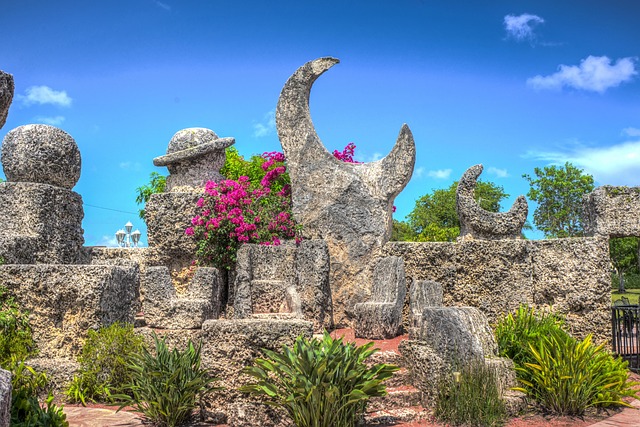Nursing home abuse in Doral, Florida, is on the rise, with physical, emotional, and sexual assaults against vulnerable elderly residents reported increasingly often. Recent statistics show Doral has one of the state's highest rates of such incidents, highlighting a pressing need for stringent protection measures. Elderly sexual assault law firms Miami are taking a more active role in light of this, emphasizing the importance of robust background checks for staff to prevent abusers from targeting residents, especially concerning unreported sexual assaults. These checks are essential tools in deterring and identifying perpetrators, fostering trust, and ensuring legal accountability through strict standards enforced by law firms.
In Doral, as in many cities, nursing home abuse is a growing concern. Understanding the prevalence and types of abuse is crucial to prevention. This article explores how background checks can be a vital tool in safeguarding vulnerable seniors, focusing on strategies to identify potential caretakers with a history of violence or sexual assault. With a close look at legal aspects and elderly sexual assault protections, we provide insights that local Miami elderly sexual assault law firms can use to support their clients and promote safer care environments.
Understanding Nursing Home Abuse Prevalence in Doral

Nursing home abuse is a growing concern in Doral, Florida, with reports indicating an increasing number of cases each year. According to recent statistics, Doral has one of the highest rates of nursing home-related incidents in the state, including instances of physical, emotional, and sexual abuse targeting vulnerable elderly residents. These disturbing trends highlight the need for stringent measures to protect this demographic, especially given their heightened vulnerability due to age and potential cognitive impairments.
The prevalence of nursing home abuse in Doral has prompted increased scrutiny from local authorities and elderly sexual assault law firms Miami. Sexual assault, in particular, is a critical issue that often goes unreported due to the sensitivity of the topic and the fear experienced by victims. Many elderly individuals may be reluctant to come forward, making it essential for care facilities to implement robust background check procedures for staff members to prevent potential abusers from gaining access to vulnerable residents.
The Role of Background Checks in Prevention Strategies

Background checks play a pivotal role in prevention strategies for nursing home abuse, particularly as it relates to vulnerable elderly residents. These comprehensive assessments help identify potential risks and red flags associated with staff members, caregivers, or even visitors who may cause harm. By screening individuals’ criminal histories, including any prior instances of elder abuse, sexual assault, or violent behavior, nursing homes can create a safer environment for their inhabitants.
For instance, elderly sexual assault law firms in Miami have highlighted the significance of background checks in deterring and uncovering perpetrators. Such checks enable facilities to make informed decisions about hiring, allowing them to steer clear of individuals with proven abusive tendencies. This proactive approach not only safeguards the elderly but also fosters a culture of trust and security within the nursing home community.
Legal Aspects and Elderly Sexual Assault Protections

In many jurisdictions, including Florida, nursing homes are legally required to conduct thorough background checks on staff members. This is a critical step in preventing nursing home abuse, particularly focusing on protecting vulnerable elderly residents from sexual assault. The legal framework around elderly sexual assault is designed to hold institutions and individuals accountable. Miami-based elderly sexual assault law firms play a vital role in enforcing these laws, ensuring that nursing homes adhere to stringent standards and providing a safety net for victims.
By conducting comprehensive background checks, nursing homes can identify individuals with a history of sexual offenses or abusive behavior before hiring them. This proactive approach aligns with the broader legal protections aimed at safeguarding the rights and dignity of elderly residents in care facilities. Such measures contribute to fostering an environment where potential abusers are deterred, and the safety of the elderly is prioritized.




